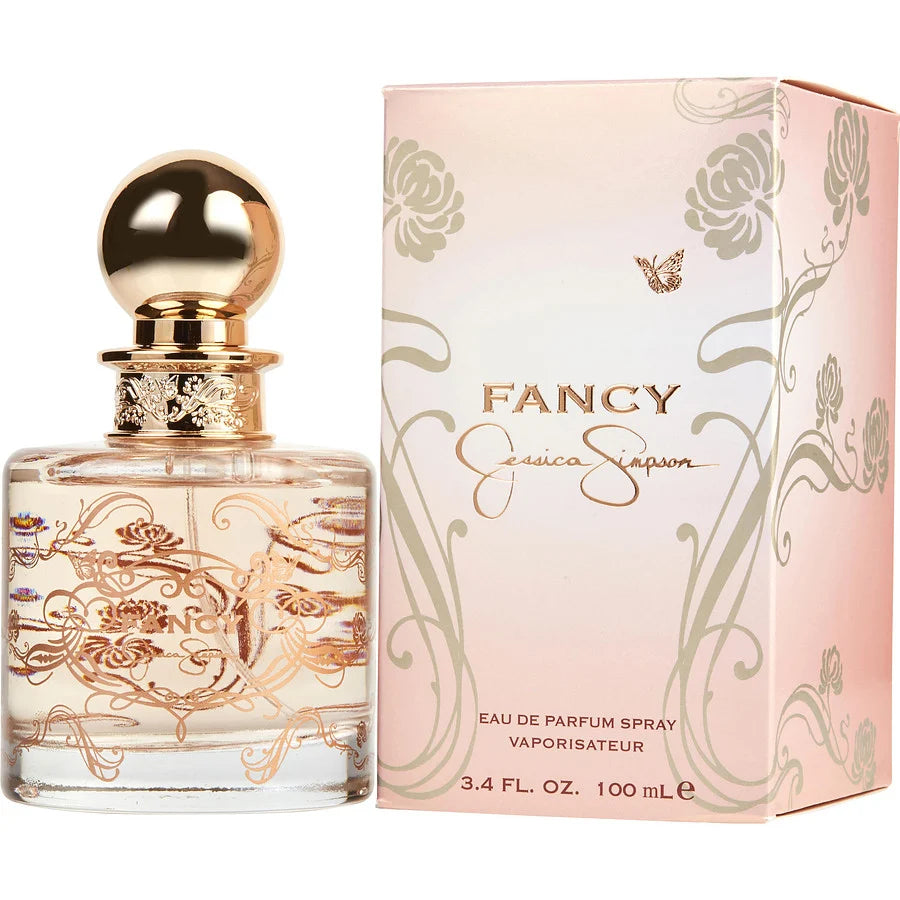

Common Questions (FAQs)
General Questions
Q: What is the difference between perfume, eau de parfum, eau de toilette, and cologne?
A: The primary difference lies in the concentration of fragrance oils. Perfume (or Parfum) has the highest concentration (20-30%), followed by Eau de Parfum (15-20%), Eau de Toilette (5-15%), and Cologne (2-4%). Higher concentrations mean stronger and longer-lasting scents.
Q: How should I store my perfume?
A: Perfume should be stored in a cool, dark place away from direct sunlight and extreme temperatures. This helps maintain the fragrance's integrity and longevity.
Q: How long does a bottle of perfume last once opened?
A: Typically, a bottle of perfume can last 3 to 5 years if stored properly. Some scents might last longer, while others may change over time.
Q: Why does my perfume smell different on me than it does on someone else?
A: Body chemistry, skin type, diet, and environment can all affect how a perfume smells on an individual. These factors can alter the way the fragrance develops and smells over time.
Application and Usage
Q: Where should I apply perfume for the best results?
A: Apply perfume on pulse points such as wrists, neck, behind the ears, and inside elbows. These areas emit heat, which helps the fragrance to develop and release over time.
Q: How can I make my perfume last longer?
A: To make your perfume last longer, apply it to moisturized skin, use unscented lotion or Vaseline on pulse points before spraying, and avoid rubbing the fragrance into your skin, as this can break down the scent molecules.
Q: Is it okay to layer different perfumes?
A: Yes, layering perfumes can create a unique scent. Start with a lighter fragrance as a base and layer with a complementary scent. However, it's best to test combinations to ensure they blend well together.
Buying and Selecting Perfume
Q: How can I test a perfume before buying it?
A: To test a perfume, spray it on a tester strip or your wrist. Allow it to dry and develop for a few hours to experience the full scent, including the top, middle, and base notes.
Q: What should I consider when choosing a perfume?
A: Consider your personal preferences, the occasion, and the season. Light, fresh scents are ideal for daytime and warm weather, while deeper, richer scents are better for evening and colder months.
Q: Can perfume expire?
A: Yes, perfume can expire. Signs of an expired perfume include a change in color, smell, or consistency. Expired perfumes may smell different or have a weaker scent.
Special Considerations
Q: Are there hypoallergenic perfumes?
A: Yes, some perfumes are formulated to be hypoallergenic and free from common allergens. Look for perfumes labeled as such, and consider those with natural ingredients and fewer synthetic compounds.
Q: Can perfume stain clothes?
A: Yes, some perfumes can stain clothes, especially those with darker or oil-based formulas. To avoid stains, spray perfume on your skin and let it dry before dressing.
Q: What is a fragrance note?
A: Fragrance notes are the individual components that make up a scent. They are typically categorized into top notes (initial impression), middle or heart notes (body of the fragrance), and base notes (long-lasting foundation).
Environmental and Ethical Concerns
Q: Are there eco-friendly or sustainable perfumes?
A: Yes, many brands now offer eco-friendly and sustainable perfumes made with natural ingredients, recyclable packaging, and ethical sourcing practices.
Q: What is the difference between natural and synthetic fragrances?
A: Natural fragrances are derived from natural sources like flowers, fruits, and spices. Synthetic fragrances are created in a lab and can mimic natural scents or create entirely new ones. Both have their pros and cons regarding longevity, cost, and allergen potential.


